Did you accidentally put concentrated coolant in your vehicle’s cooling system? If so, you’re not alone.
This is a common mistake that many car owners make, and it can have serious consequences if not addressed promptly.
Accidentally put concentrated coolant in your car? Don’t worry, it’s not the end of the world. Just drain out some of the coolant and add distilled water until the mixture is 50% coolant and 50% water. You can also use a coolant hydrometer to check the concentration of the coolant.
Concentrated coolant is a highly concentrated form of antifreeze that needs to be diluted with water before use.
If you put concentrated coolant directly into your vehicle’s cooling system, it can lead to overheating, engine damage, and even complete engine failure.
Table of contents
What to Do If You’ve Accidentally Put Concentrated Coolant?
If concentrated coolant was added to the engine, immediate action must be taken to prevent corrosion and overheating. Here’s what you should do:
Flush the system thoroughly.
This will help remove any excess coolant and prevent it from causing further damage. Use a flushing agent recommended by your vehicle manufacturer.
Monitor the engine.
Keep an eye out for any signs of overheating or corrosion. If you notice any unusual activity, take the vehicle to a mechanic right away.
Refill with the correct coolant.
Make sure you use the type of coolant recommended by the vehicle manufacturer. This will help prevent any further damage and ensure your engine runs smoothly.
Learn from your mistake.
Accidentally adding concentrated coolant to your engine can be a costly mistake. Take the time to learn about your vehicle’s maintenance needs and follow the instructions carefully to prevent future mishaps.
Seek professional help.
If you’re not confident with flushing the system yourself, it’s best to take it to a professional mechanic. They’ll have the experience and expertise to handle the job correctly.
What is Concentrated Coolant?
You may have accidentally poured too much of that thick, sticky concentrated coolant into your engine, causing it to clog up and overheat.
But what exactly is concentrated coolant, and why is it so important to use in your car’s cooling system?
Concentrated coolant, also known as antifreeze, is a liquid that is added to your car’s cooling system to regulate its temperature.
It is made up of a mixture of water and chemicals that help to prevent freezing and boiling, as well as protect against rust and corrosion.
Using concentrated coolant in your car can provide many benefits, such as preventing engine overheating, improving fuel efficiency, and extending the life of your car’s cooling system.
The Dangers of Using Concentrated Coolant:

Using concentrated coolant can be very dangerous, as it can cause serious harm to your engine and even potentially harm you if not handled properly. Here are some of the dangers of using concentrated coolant:
To avoid the dangers of concentrated coolant, it is crucial to dilute it properly before use. Diluting the coolant will ensure that it has the proper cooling properties and will not cause damage to your engine.
Additionally, it is important to always wear protective gear such as gloves and goggles when handling coolant to avoid any accidental ingestion or inhalation of the toxic fumes.
By following these precautions and properly diluting your coolant, you can ensure the safety of both yourself and your engine.
How to Tell if You’ve Used Concentrated Coolant?

It’s important to be aware of the signs that indicate the use of concentrated coolant in your engine.
Putting concentrated coolant in your engine can cause serious damage and potential repairs that can be costly. One of the biggest risks of using concentrated coolant is engine overheating and coolant failure.
To tell if you’ve used concentrated coolant, you can look for signs of damage.
By checking for signs of damage and taking your car to a mechanic if you suspect an issue, you can prevent further damage and ensure that your car is running smoothly.
How to Prevent This Mistake in the Future?
To prevent making the same mistake of accidentally putting concentrated coolant in your vehicle’s radiator, it is important to take preventive measures.
One of the most important things you can do is to read the vehicle manual and follow the recommended maintenance schedule carefully.
This will help you understand the type of coolant your vehicle requires and the right amount to use. Avoid guessing or assuming that you know what is best for your vehicle because this can lead to costly mistakes.
Another preventive measure you can take is to label your coolant containers. It is common for people to mix up their coolant containers, especially if they have more than one vehicle or use different brands of coolant.
To avoid this mistake, label your containers with the type of coolant they contain and the vehicle they belong to. This will make it easier for you to identify the right coolant and avoid mixing them up.
It is important to know the common mistakes people make when it comes to vehicle maintenance.
One of the most common mistakes is assuming that all coolants are the same. Different vehicles require different types of coolants, and using the wrong one could cause serious damage to your vehicle.
Another common mistake is overfilling the coolant reservoir. Overfilling can cause the coolant to overflow, which can lead to engine damage.
By taking these preventive measures and avoiding these common mistakes, you can ensure that your vehicle runs smoothly and avoid costly repairs.
| Preventive Measures | Common Mistakes |
|---|---|
| Read the vehicle manual and follow the recommended maintenance schedule | Assuming all coolants are the same |
| Label your coolant containers | Overfilling the coolant reservoir |
| Use the right type of coolant for your vehicle | Neglecting to check coolant levels regularly |
You can watch this video to safely fill the coolant:
The Importance of Using the Correct Coolant:
When it comes to using the correct coolant for your car, there are a few key points to keep in mind.
By keeping these key points in mind, you can ensure that you’re using the correct coolant and avoid any potential mistakes down the line.
Different Types of Coolant:

Coolant comes in various types that cater to specific engine needs, such as ethylene glycol, propylene glycol, and hybrid organic acid technology (HOAT).
Each type of coolant has its own advantages and disadvantages. Here are four types of coolant that you should know about:
Knowing the different types of coolant available can help you choose the right one for your engine’s needs. It is important to note that coolant and antifreeze are not the same thing.
Antifreeze is a type of coolant that is used to prevent an engine from freezing during cold weather.
Using the wrong type of coolant or antifreeze can cause damage to your engine, so it is important to use the correct type.
Compatibility with Your Car:
Ensuring coolant compatibility with your car is essential in maintaining its health and longevity. Using the wrong type of coolant can lead to corrosion, leaks, and damage to your engine.
To avoid these costly repairs, you should always consult your car’s owner manual or mechanic to determine the appropriate coolant type for your vehicle.
Moreover, using the wrong coolant type can also affect your car’s performance, causing it to overheat or underperform. Proper car maintenance involves regular checks of your car’s coolant system, including the type of coolant used.
By ensuring coolant compatibility with your car, you’re not only preserving its performance but also protecting your investment.
Regular checks and maintenance of your car’s coolant system will ensure that it operates efficiently and lasts longer.
Manufacturer Recommendations:
Now that you have a better understanding of the compatibility of coolants with your car, let’s talk about the recommendations from the manufacturer.
It’s important to note that every car manufacturer has specific requirements for the type of coolant that should be used in their vehicles.
These requirements can vary based on the make and model of the car, as well as the year it was produced.
Frequently Asked Questions:
Can using concentrated coolant damage the engine of a vehicle?
Using concentrated coolant can damage your vehicle’s engine if not properly mixed with water. Comparing concentrated coolant vs. pre-diluted coolant shows benefits in cost and efficiency. Properly maintaining your coolant system is crucial to avoid engine damage.
How long does it take for the effects of using concentrated coolant to show up?
When using concentrated coolant, the effects may show up immediately or take a few weeks.
Testing coolant levels regularly and flushing the coolant system can prevent damage to the engine and ensure optimal performance.
Is it possible to dilute concentrated coolant after it has been added to the engine?
If you add concentrated coolant to your engine, dilution can be done, but only if it hasn’t caused damage yet. Dilution ratio should be 50/50 mix with distilled water. Cooling system maintenance is important to ensure optimal engine performance.
Can using concentrated coolant void the warranty on a vehicle?
Using concentrated coolant can void your vehicle’s warranty if not recommended by the manufacturer.
Best practices include following the owner’s manual and using the recommended coolant. Pros include longer life and better performance, while cons include potential damage and warranty issues.
What is the proper way to dispose of concentrated coolant?
Proper disposal methods for concentrated coolant include taking it to a hazardous waste facility or recycling center.
Improper disposal can harm the environment, contaminating soil, water, and air. Protect your freedom by being responsible and following guidelines.
Conclusion and final thoughts 💭
In conclusion, if you have accidentally put concentrated coolant into your vehicle’s cooling system, it is important to act quickly to prevent damage to your engine.
The dangers of using concentrated coolant include corrosion, overheating, and potential engine failure.
To tell if you’ve used concentrated coolant, check the color and concentration level of the liquid in your vehicle’s coolant reservoir.
If you suspect that you’ve used concentrated coolant, flush the system immediately and replace it with the correct coolant.
To prevent this mistake in the future, always read the label on your coolant before adding it to your vehicle.
Latest Posts:
- 10 Best Gear Oil for Limited Slip Differentials (Reviewed!)
- Allison 1000 Transmission Fluid Type (5 Best Options!)
- 91 Octane Vs 93 Which One You Use? (The Surprising Truth!)
- Oil Pressure Gauge Not Working: (Guaranteed Fix!)
- 10 Best Transmission Fluid for 4l60e (Tested by Experts!)
- 10 Best Ceramic Coating For Wheels (Used By Real Users!)

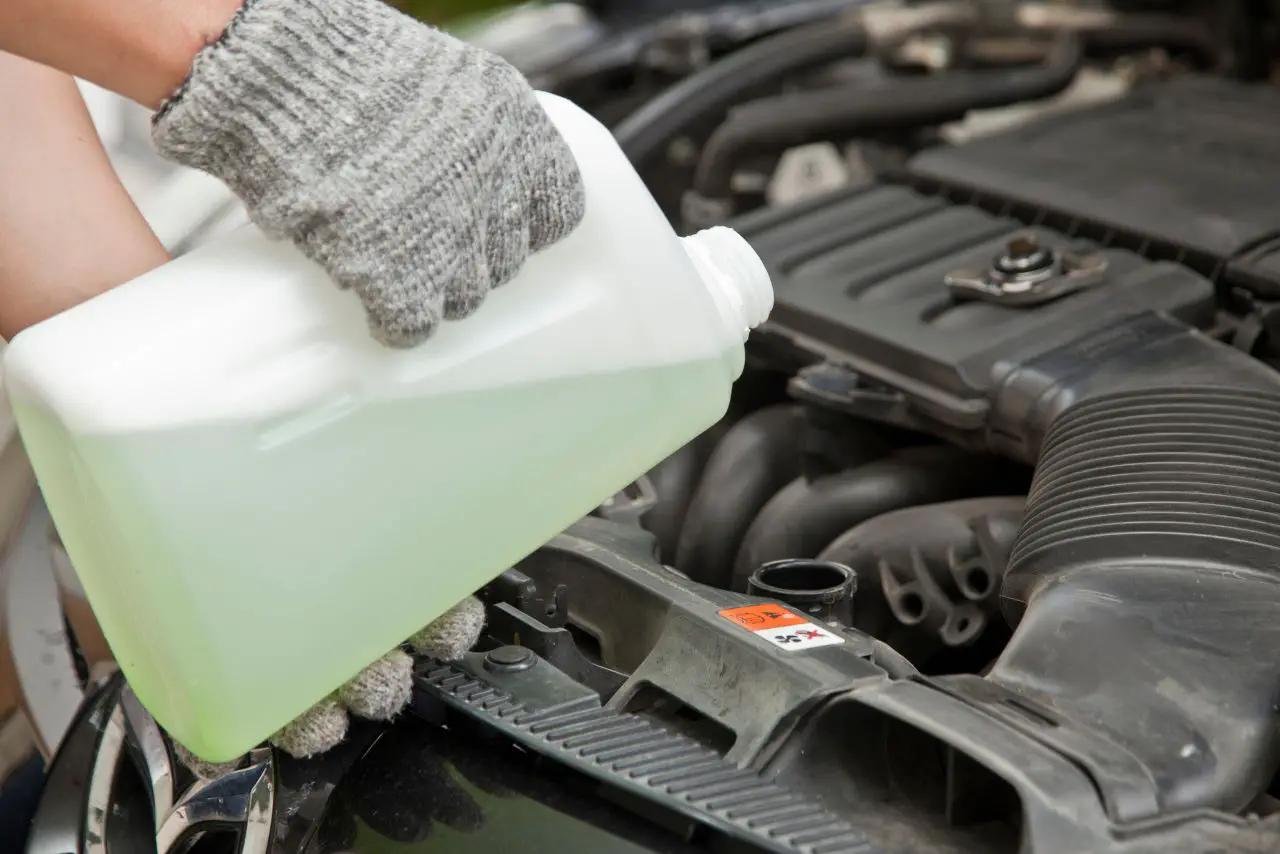
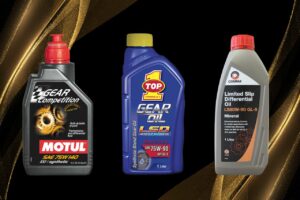



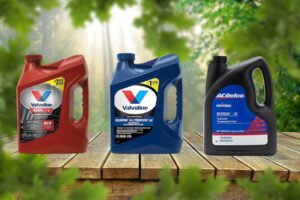

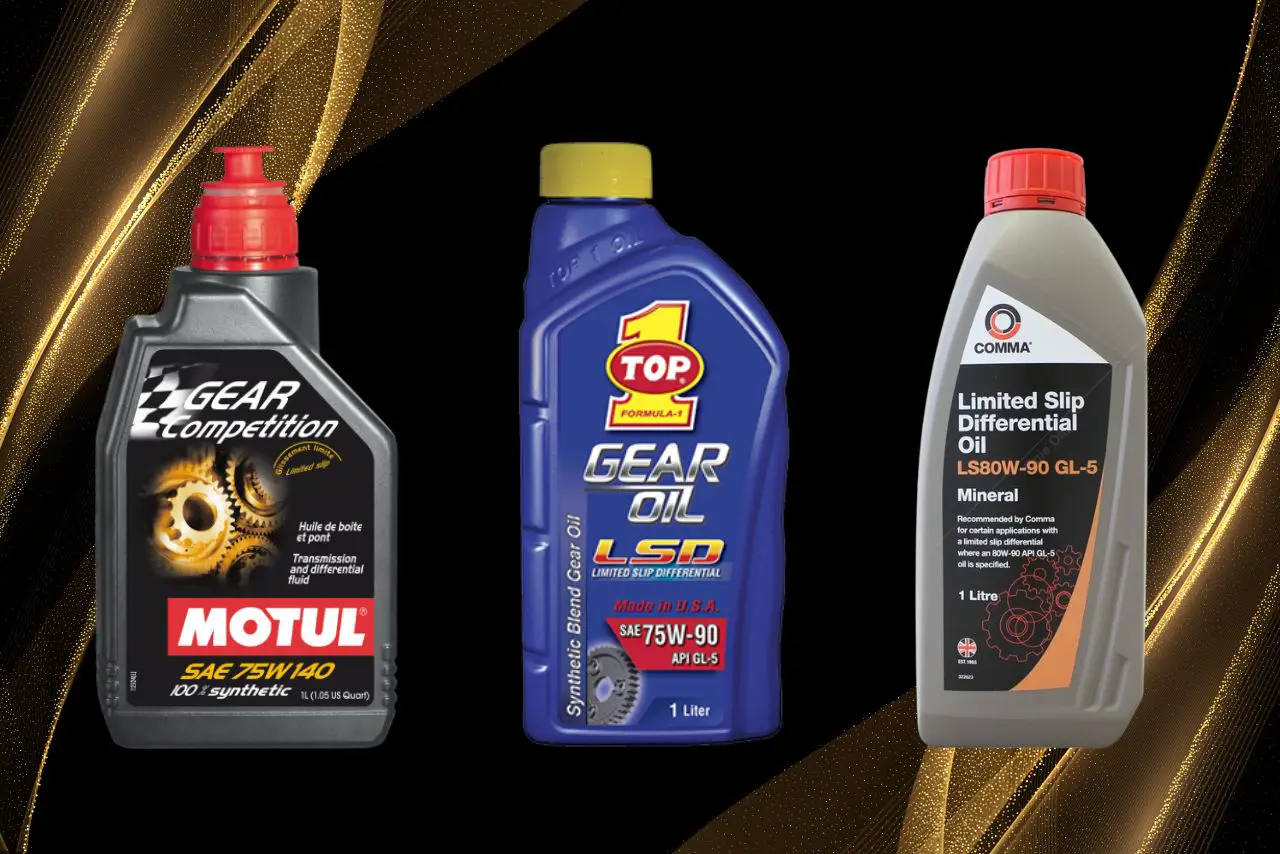
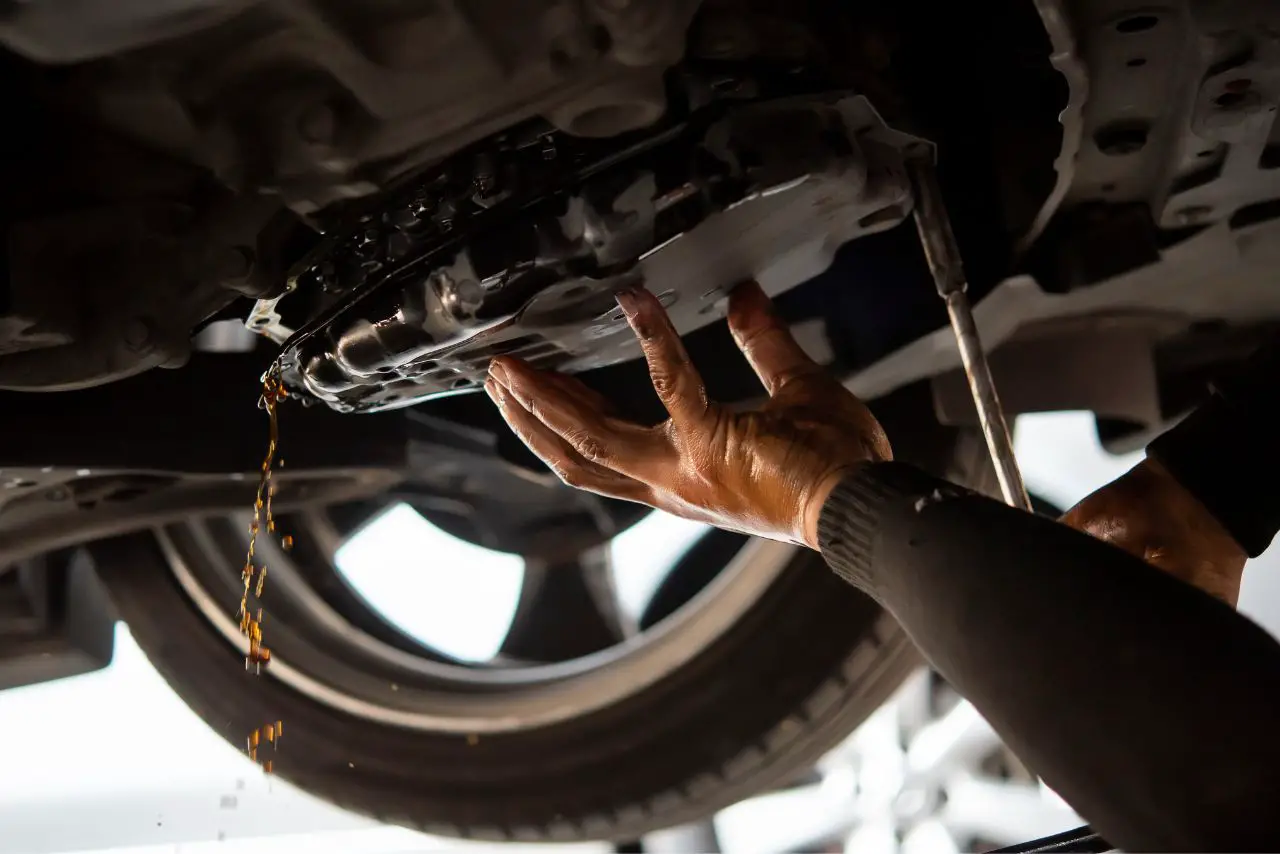

Leave a Reply